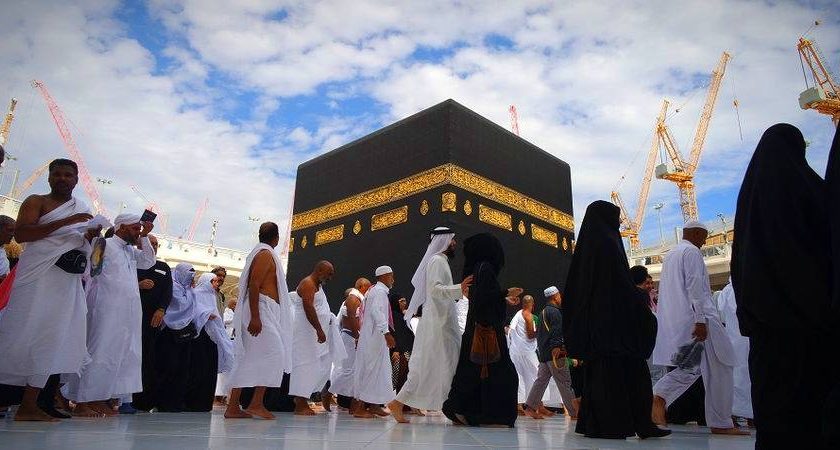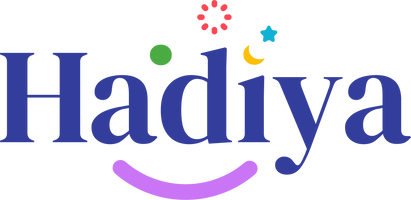
The Importance and Sunnah of The First 10 Days of Dhul Hijjah
The first 10 days of the month of Dhul Hijjah are known to be the most blessed days of the year therefore, it is very important to know the significance of said days so as to ensure we make the most of them.
Ibn ‘Abbaas (RA) reported that the Prophet (PBUH) said: “There are no days in which righteous deeds are more beloved to Allah than these 10 days.”
The people asked, “Not even jihad for the sake of Allah?”
He said, “Not even jihad for the sake of Allah, except in the case of a man who went out to fight giving himself and his wealth up for the cause and came back with nothing.” - Bukhaari, 2/457
Whilst Hajj is the most significant act of worship in the first ten days of the Dhul Hijjah, the Prophet (PBUH) encouraged people to do righteous deeds all over the world; even for those who are not able to perform hajj in this sacred period.
Here are 8 Sunnahs to follow in the first ten days of Dhul Hijjah to In sha Allah maximize our blessings during this period.
1. Fast the first nine days
It is highly recommended to fast on the first 9 days of Dhul Hijjah as it is an act that the Prophet (PBUH) partook in and encouraged others to do as well. The most important day for fasting during Dhul Hijjah comes on the 9th day, the day of Arafat when 2 years' worth of sins will be forgiven in light of fasting.
The Prophet (PBUH) said, ’There is no day on which Allah frees more people from the Fire than on the day of ‘Arafat’. (Muslim).
If you are not able to fast the full 9 days, then you should try to fast on the day of Arafat.
2. Seek Allah’s forgiveness
Seek forgiveness from Allah for all your past sins. Make your repentance sincere. One of the most important things to do during these ten days is to make tawbah sincerely to Allah and to give up all kinds of disobedience and sin.
3. Busy yourself with dhikr
Engage in the remembrance of Allah all day and all night. Praise Him, thank Him and glorify Him. Some of the recommended dhikr during these 10 days are Subhanallah (praise be to Allah), Alhamdulillah (all praise and thanks are due to Allah) , Allahu Akbar (Allah is the greatest), La ilaha illallah (there is no God but Allah), La hawla wa la quwwata illa billah (There is no might nor power except with Allah), Subhanallahi wa bi hamdih Subhanallahil azhim (Glory is to Allah and all praise is to Him, glory is to Allah the great). Repeat them throughout the day, as much as possible.
4. Dedicate more time to recite Qur'an
Try to do a little more than you usually would on a normal day. Since you are likely to be fasting, you can aim to read the same amount as you would each day during Ramadan. If you can complete a khatam, that would be great and if not, then do as much as you possibly can.
5. Give Sadaqah
Sadaqah averts calamity and increases sustenance and blessings in one's life. Allah says in the Qur'an,
“Who is it that would loan Allah a goodly loan so He may multiply it for him many times over? And it is Allah who withholds and grants abundance, and to Him, you will be returned” (Qur'an, 2:245).
Remember Sadaqah comes in many forms and it’s not limited to financial assistance. You can give your time by volunteering at a hospital or orphanage. You can make efforts to smile more during these 10 days, visit or call family members you haven’t spoken to in a while and, plant a tree and so on.
6. Voluntary Salah
Just like in Ramadan, increase your voluntary Salahs as many of those Salahs will fall during the day. It is related to Saeed ibn Jubayr that he would increase the night prayer and good deeds during these ten days so much so that people could not bear the example he was setting and would ask him to relent.
7. Make Du'a
Anas ibn Malik reported: The Prophet (PBUH) said, “Supplication is the essence of worship.” -Sunan al-Tirmidhī 3371
Prepare your du’a list ahead of these blessed days. We all have goals we would like to achieve in our personal lives, business and so on. Make loads of Du'a in these first ten days and especially on the day of Arafat and In Sha Allah your prayers will be answered. Remember to include the recommended du’a for the day of Arafat:
“Lailaha illalahu wahadahu lasharikalahu lahulmulku walahu hamdu wahuva alakulli shayin kadir”
Translation - There is no God but Allah alone Who has no partner, to whom dominion belongs, to whom praise is due, and who has power over anything.
Allah says the Qur’an: “This day I have perfected for you your religion and completed My favour upon you and have approved for you Islam as religion.” (Surah al Maa’idah 5:3)
8. Celebrate Eid-ul-Adha
The Prophet (PBUH) said that every nation has festivals to celebrate and Eids are the festivals for Muslims. Eid marks the conclusion of important worship, and the determination to continue in obedience and submission to Allah SWT.
Remember, the key is to treat these first ten days of Dhul Hijjah as you would the last ten days of Ramadan. May Allah SWT allow us to witness these blessed days and make it easy for us to engage in these acts of worship. May He accept our du’a and forgive us for our shortcomings. Ameen.

Leave a comment